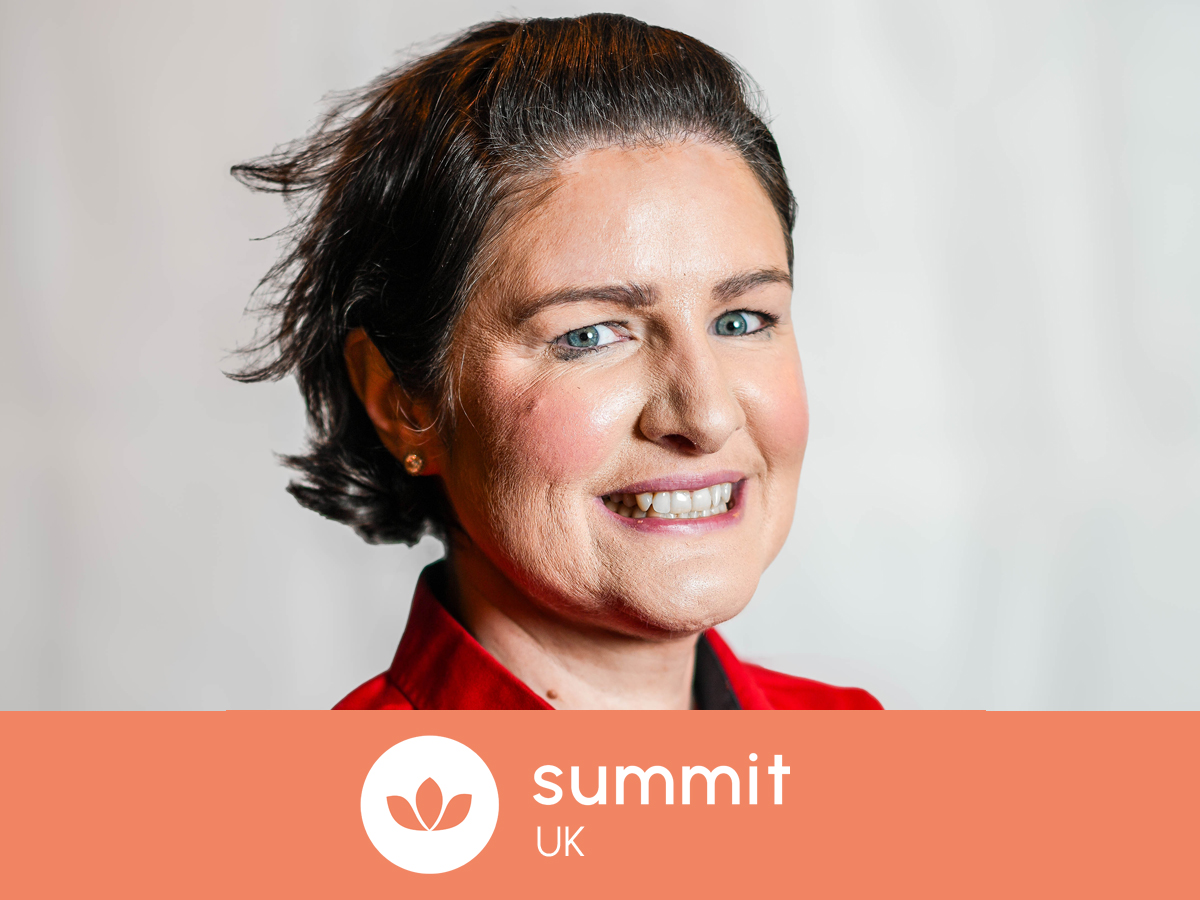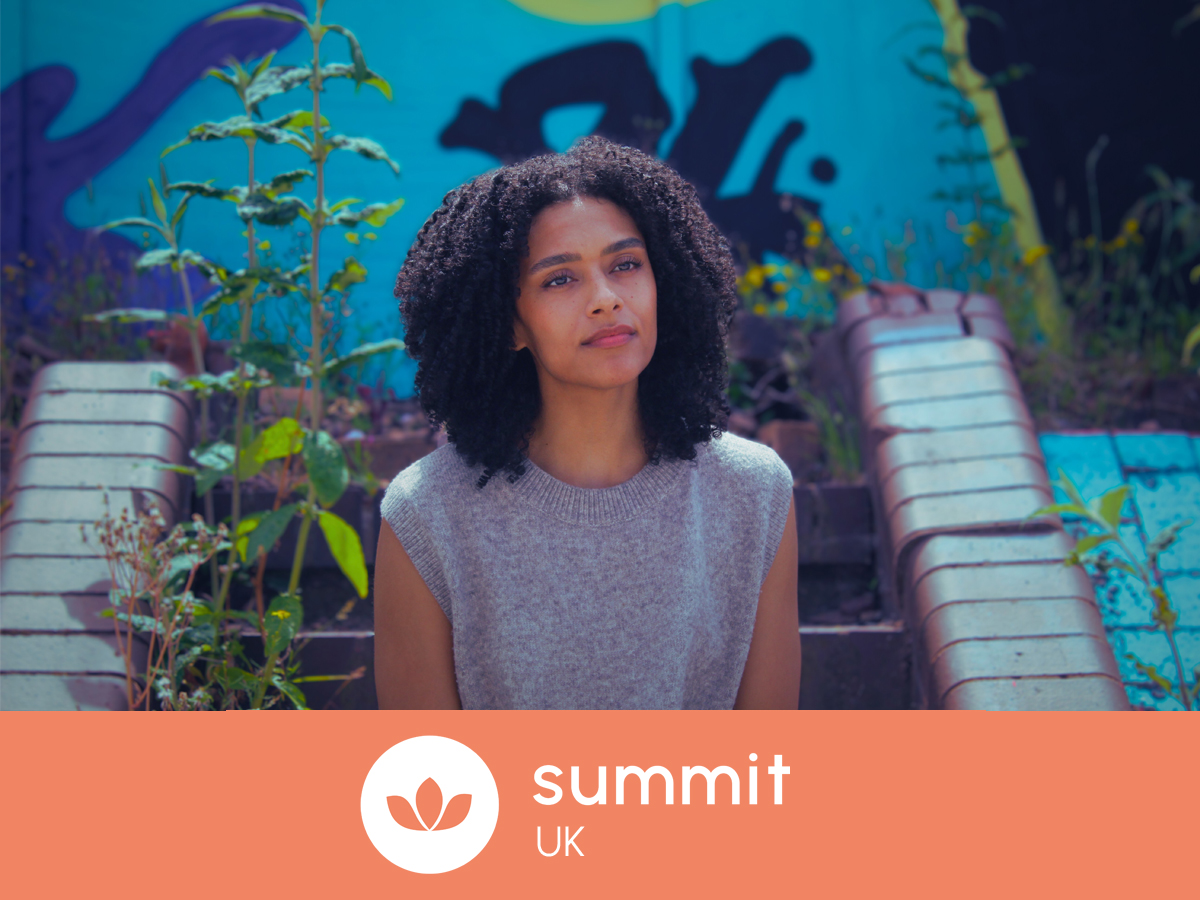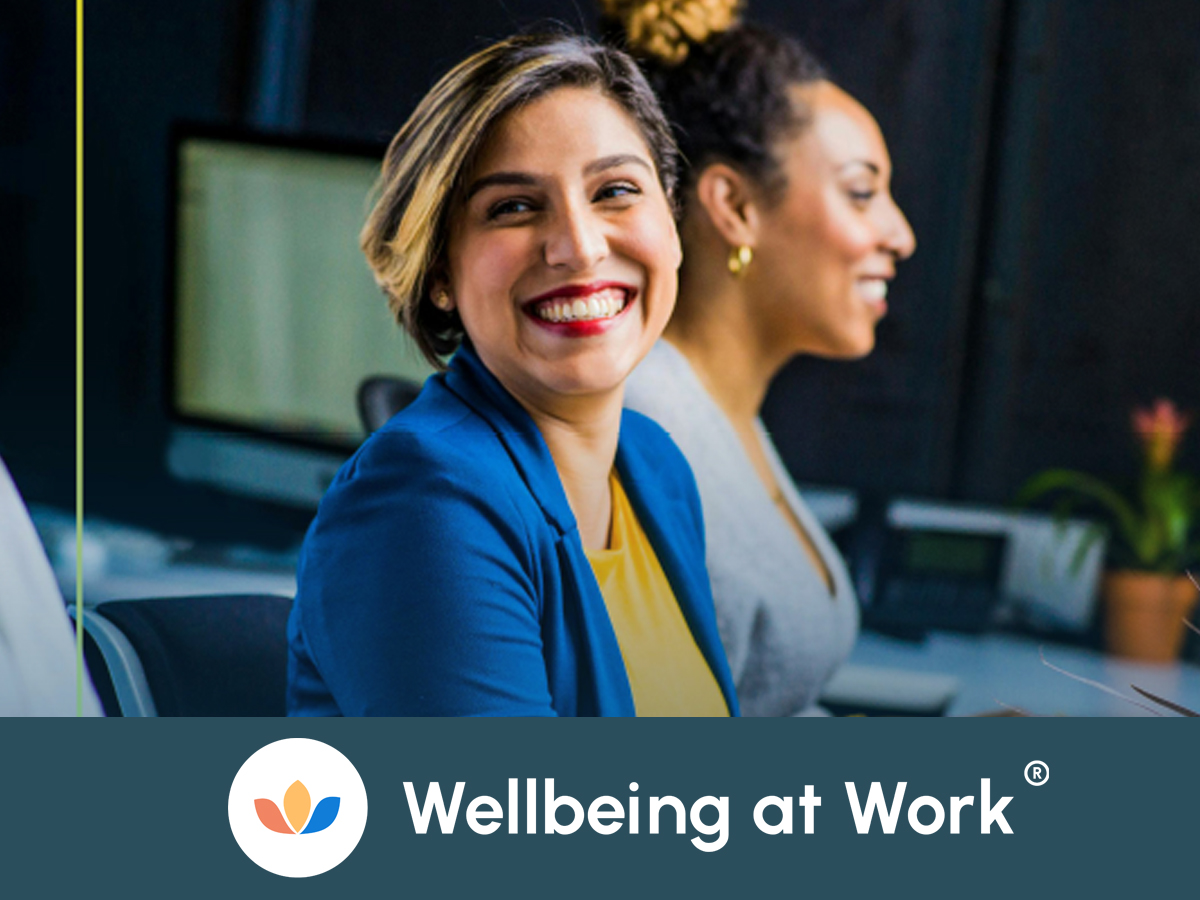
Mona Abou Hana is the Chief People Officer for PwC EMEA and the Middle East, where she is responsible for cultivating thriving workplace cultures.
Mona champions a forward-thinking and data-driven approach to people agenda, leveraging technologies like GenAI to drive a culture of innovation and operational efficiency so employees have more time for the things that matter to them.
As a Consulting Partner, Mona led the Innovation and Entrepreneurship agenda in the Government and Public Sector practice.
Mona holds a Masters in Business Administration from INSEAD and a Bachelor in Economics from the American University of Beirut. She is fluent in English, Arabic and French.
We are delighted that Mona will be speaking at our Wellbeing at Work Summit Middle East in February. We caught up with her to find out how she’s feeling in the run up to the summit.
Hi Mona, we are thrilled you will be speaking at our Wellbeing at Work Middle East Summit in February. Our first and most important question is, how are you doing today?
I’m great, thanks – It’s a busy week as I’m about to take some annual leave to go away with my daughters for a few days and there’s some loose ends to tie up beforehand. But I’m excited for that, and of course for the Summit at the end of the month!
As a leader based in the region, what are the main challenges you are facing when it comes to employee wellbeing?
I think the most difficult thing about wellbeing (anywhere) is that it’s such a subjective and personal thing for every employee, there’s no one size fits all.
In the Middle East, we have an extremely young and bright population which is heavily comprised of expatriates, so I think we have quite a lot of unique cultural dynamics at play.
We have young graduates moving away from their families for the first time, trying to juggle independence and loneliness and professional lives all at once. It can be overwhelming, so I think there is a lot of added pressure on us to get the wellbeing aspect of the workplace right for our people – especially the social, mental and emotional sides.
On top of that, large generational differences and capabilities can lead to very different work-life expectations and values.
Culturally, the Middle Eastern region has been a lot more reserved when it comes to discussing mental health openly, although we’ve seen a huge destigmatisation in recent years.
What strategies have you seen developing over the past 6 months, both internally and externally, that is moving the dial on wellbeing in the workplace?
As Chief People Officer for PwC Europe, Middle East and Africa, I’ve definitely seen an increased focus on viewing wellbeing as a holistic concept across all our territories. It’s moved far beyond the idea of gym memberships, and ping pong tables as the gold star for wellbeing – and now I see more attention being paid to the different dimensions such as social, financial and spiritual wellbeing.
In the Middle East, we’ve just introduced a new module for our graduates which focuses on financial literacy, how to budget, know their credit score and generally how to set themselves up for success. This stuff is so important to our everyday existence, yet basic training is often overlooked.
We’ve also adopted a human-led, tech-powered approach to our work at PwC, because we really believe in the power of technology in its ability to increase our productivity and give us back more time for the things which fulfil us.
We recently introduced a three-tier learning path in the Middle East that will help our people go from a GenAI beginner to expert, if they want. There is no reason we should be spending hours in excel anymore or doing repetitive tasks, when we can do things in a matter of minutes – it’s about working smarter, and delivering greater value.
Why is employee wellbeing so important to you personally?
Our team members are at the heart of everything we do. When they’re feeling supported, fulfilled and healthy, it not only enhances their job satisfaction and ability to contribute to our collective success, but it also creates a positive ripple effect throughout the firm.
We spend such a significant portion of our time in the workplace, that I think it’s essential we give our people a happy and fulfilling experience during the hours they invest with us.
What are you most looking forward to about the Summit in February?
I’m always eager to network and hear what other industry professionals are doing in the people space – especially wellbeing, given its constantly evolving nature. I’ll be looking out for any great new ideas we can introduce for our people.
Tell us, what is your vision for the future workplace, in terms of engagement, health and wellbeing?
The ideal workplace of the future would be a dynamic and inclusive environment that seamlessly blends innovation, flexibility and wellbeing.
Engagement is a big part of this – to me, it means that our people are not just contributors, but active participants helping to shape what the workplace experience looks like for them, and I think this is integral to building an environment where our people can thrive personally and professionally.
What areas do you think employers should be focused on over the next 12 months?
Flexibility is a big one – finding what works for your people, and allowing them to flex their day in a way that works for them, so they can balance their personal and professional commitments and sustain a high performance culture.
How has your organisation been leading the way?
A few ways we have tried to champion the health and happiness of our employees:
- We have implemented a robust Mental Health First Aid programme, equipping 300+ employees with the skills to identify, provide first assistance and guide colleagues who are exhibiting signs of mental health challenges such as depression or anxiety, difficulties with expatriate adjustment or the after-effects of trauma.
- We introduced Team Charters encouraging our teams to have open conversations about their preferred working styles and personal commitments.
- We actively endorse and leverage the use of technology, especially GenAI, to increase our capabilities, productivity, and impact.
- We launched One Firm Impact Days where our employees leave the office to volunteer in our communities.
- We give Firmwide Blackout Days every year, where we all put our out of office on and switch off, so we can digitally detox, look after our wellbeing and reduce our collective carbon footprint.
- We have mandatory inclusive mindset and bias trainings, to ensure our people are equipped to manage across differences and ensure our workplace is one which celebrates diversity of thought and people.
Mona will be speaking will be speaking in Dubai at the Wellbeing at Work Summit Middle East which takes place both live and in-person in Riyadh and Dubai, and virtually for the wider region. Further details on the Summit can be found here.



